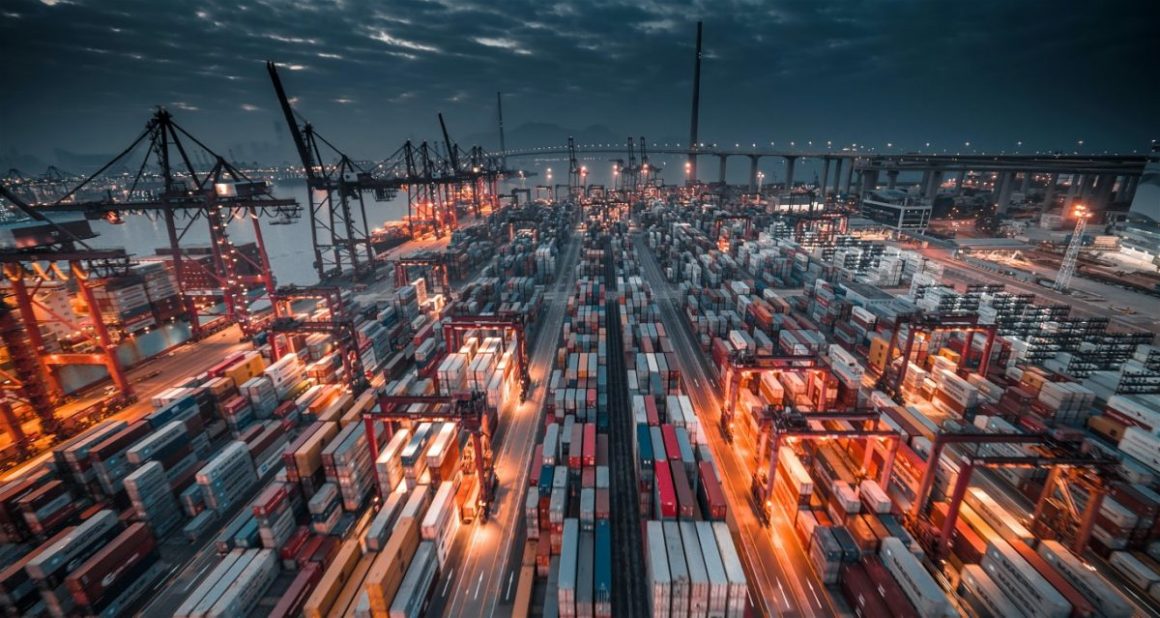The UAE’s non-oil foreign trade reached an unprecedented value of AED 1.24 trillion ($337.6 billion) in the first half of 2023, marking a 14.4% year-on-year increase. This surge was driven by a remarkable 22% growth in non-oil exports with the country’s top 10 trading partners during the same period. Sheikh Mohammed bin Rashid, Vice President and Ruler of Dubai, expressed confidence that the UAE’s non-oil foreign trade would surpass AED 2.5 trillion this year and achieve the target of AED 4 trillion by 2031.
Intra-regional trade, particularly with Turkey, experienced significant growth, expanding by 87% in just one year. Sheikh Mohammed highlighted the effectiveness of the UAE’s balanced, proactive, and positive foreign policies contributing to this success. He emphasized that 2023 would become the best year in the country’s history in terms of the economy, with the UAE maintaining its position as a vital player in international trade and a bridge connecting the East with the West.
Dr. Thani Al Zeyoudi, Minister of State for Foreign Trade, reported that non-oil exports grew by 11.9% annually to reach AED 205 billion in the first half of the year, surpassing the full-year levels of 2017. This achievement underscored the competitiveness of the UAE’s manufacturing and services sectors. Non-oil exports accounted for 16.6% of the UAE’s total foreign trade in the first half of 2023, an increase from 14.2% during the same period in 2019.
The UAE’s re-exports also reached a record value of AED 341 billion, marking a 9.9% increase compared to the first half of 2022. Additionally, imports rose by 17.5% annually to reach AED 693 billion. These positive results were seen as promising for the country’s economy, indicating opportunities for innovation, entrepreneurship, industrial productivity, and food security.
Trade is a focal point of the UAE’s national growth agenda, and the country is committed to achieving new milestones in the coming months and years. With the signing of comprehensive economic partnership agreements (Cepas) and the expansion of trade networks, the UAE aims to deliver further growth, investment, and opportunities. The UAE’s top 10 trading partners experienced a combined growth of 16.7% in non-oil trade, while other markets accounted for a growth rate of 12.4%.
Gold, aluminum, oil, cigarettes, copper wires, jewelry, and aluminum emerged as the top exports of the UAE. Gold exports showed the highest growth in the first half of 2023, increasing by 40.7% to reach AED 218.3 billion. Gold exports contributed 17.6% to the UAE’s non-oil foreign trade, a rise from 14.3% in the same period of 2022.
Last year, the UAE achieved record non-oil foreign trade of AED 2.23 trillion, representing a 17% annual increase. These accomplishments align with the country’s economic diversification plans and efforts to strengthen economic relations with existing and new trade partners worldwide. Additionally, the invitation to join the Brics bloc, along with countries such as Saudi Arabia, Egypt, Iran, and Argentina, is expected to further boost trade. The UAE’s membership in Brics is seen as a significant step in supporting global multilateralism and expanding trade with emerging market economies.

